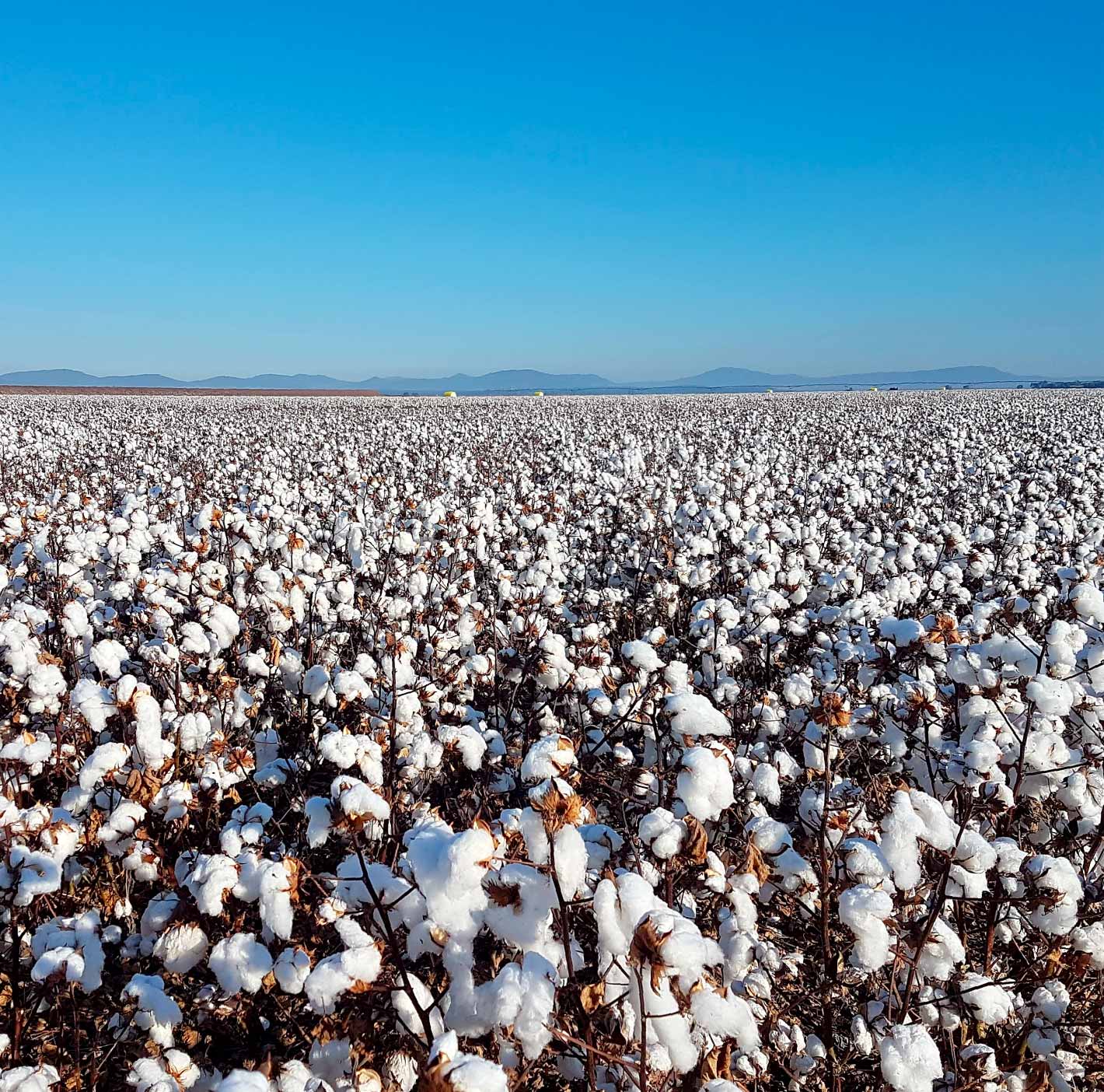

Planting cotton under film was Coverfields’ initial crop success story when trialled in 2017 in Queensland, Australia. Collaborating with the CSIRO, the team at Coverfields (formerly OneCrop) knew that the crucial two weeks ‘headstart’ it offers cotton in drier areas made economic sense for Australian farmers, as well as potentially saving of as much as one-and-a-half megalitres of water per hectare.
Following the successful outcomes of the field trials in Central Queensland, the Coverfields’ team began its partnership with Norseman Machinery, a Toowoomba-based manufacturer of precision planter film layers, to develop machinery with the ability to lay biodegradable mulch film on a commercially viable broadacre scale.
The film is laid at the same time as the seed is planted; in the same pass it plants the seed and then lays the biodegradable mulch film over the top of it. Planting under film traps the thermal units from the sun and raises the soil temperature several degrees to create ideal conditions for healthy seed germination. The film then fully biodegrades leaving no trace or chemical residue on the soil.
“We’ve had some of the best results we’ve ever had in west Texas; we had a dryland cotton crop there that put on an extra 40% yield.”
Michael Freeman, Norseman Machinery
benefits of planting cotton under film
Norseman Machinery and Coverfields then ventured to several states in the US, planting cotton under film, as well other crops including corn, chillies and hemp. “The results spoke for themselves,” says Michael Freeman of Norseman Machinery. “In our first season in the US we put in 50 acres [20.2 hectares] over half a dozen sites, and the next season we put in 300-odd acres [121.4 hectares] over 12 sites in nine states.”
The appeal of consistent germination, a reduction in the need for replanting, the potential for crop yield increase and a biodegradable mulch film solution spread to numerous commercial row-crop farmers in the US, Asia and Australia. Coverfields has subsequently developed its biodegradable mulch film to offer capabilities of customization to specific film-layer machinery. Its certified organic film rolls can also be customized to the size and thickness required, tailored to region, climate, soil type and crop rotations to optimize early growth. The successes of Coverfields biodegradable mulch films has been reported by major news outlets.
Data collected over the years since the initial trials planting cotton under film in 2017 is gradually proving the impact that biodegradable mulch film delivers in terms of crop yield increase and water efficiency.
Find out more about the benefits of early season agricultural planting here.

